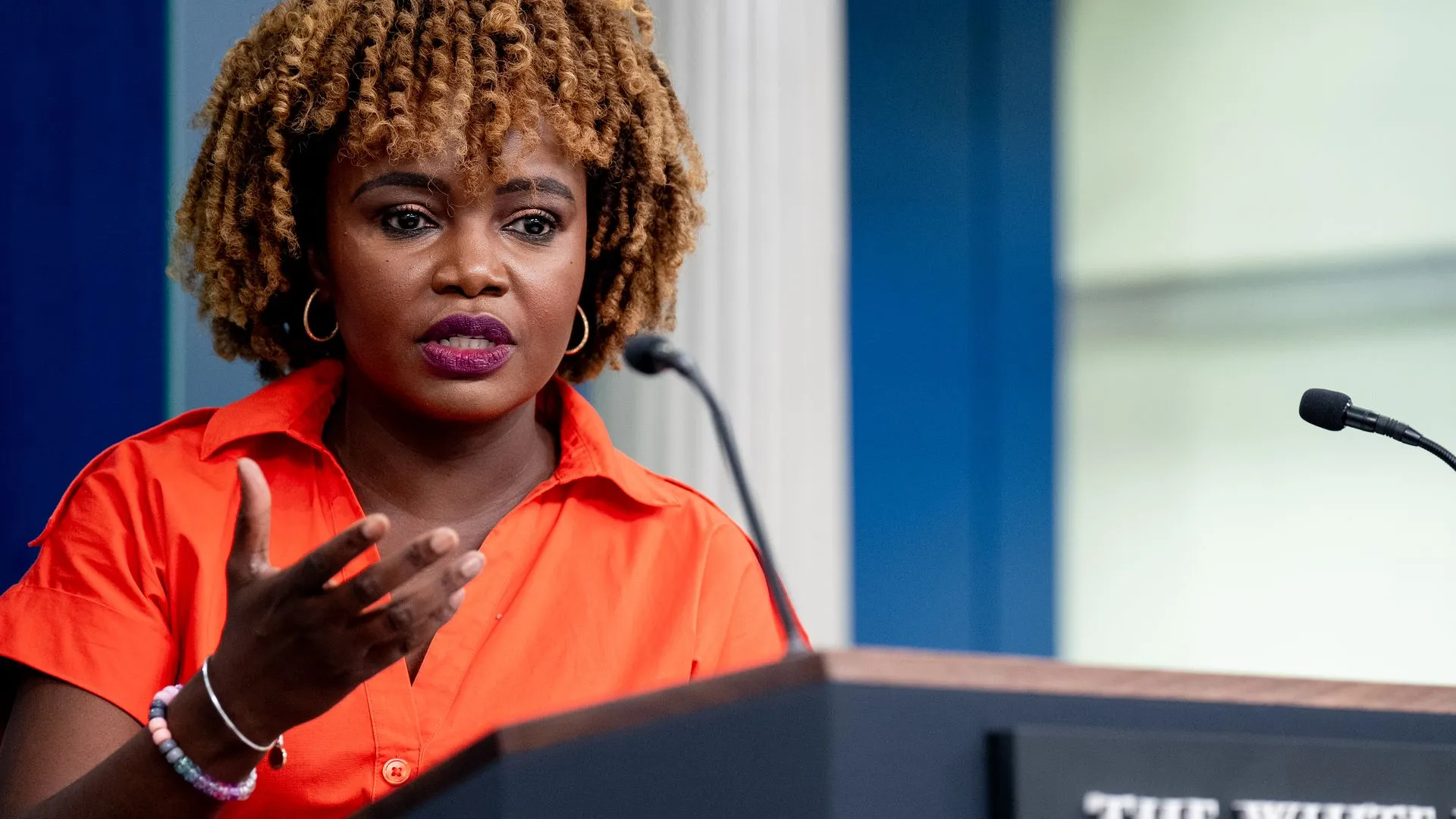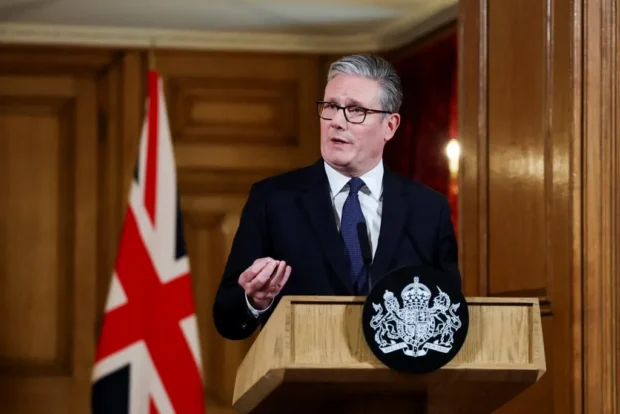
When White House Press Secretary Karine Jean-Pierre stepped up to the podium recently, few could have predicted the controversy that would unfold from her defense of President Biden’s decision to pardon his son, Hunter Biden. What should have been a straightforward explanation turned into a case study of political communication gone awry.
Let’s break down the situation. Hunter Biden, the president’s son, has had a tumultuous legal journey. This year, he faced serious legal challenges, including federal tax charges and a felony gun conviction for falsifying a firearm purchase form. The pardon came as a surprise to many, especially given the administration’s previous assurances that no such action would be taken.
But it was Jean-Pierre’s attempt to justify the pardon that truly caught everyone’s attention. Standing before the press, she confidently claimed that 64% of Americans supported the president’s decision. It sounds impressive, right? The kind of statistic that would make most political communications teams breathe a sigh of relief.
There’s just one problem: it wasn’t true.
The YouGov poll she cited actually showed something quite different. While 64% of Democrats supported the pardon, the broader picture was far less favorable. Only 34% of Americans overall approved of the decision, with a full 50% disapproving. It’s a massive discrepancy that immediately raised eyebrows across political circles.
The fallout was swift and brutal. Fact-checkers, political commentators, and social media users quickly called out the misrepresentation. Terms like “psychotic level of lying” and accusations of being the “worst Press Secretary in history” began to circulate. It was a communications disaster of the first order.
What makes this situation so fascinating is the broader context. This isn’t just about a misquoted statistic. It’s about the delicate dance of political communication, the challenge of managing sensitive family matters in the public eye, and the increasing scrutiny faced by White House officials.
The pardon itself is controversial. Hunter Biden’s legal troubles have been a persistent headache for the Biden administration, and the decision to pardon him comes with significant political risk. By misrepresenting public support, Jean-Pierre arguably made a difficult situation even more complicated.
It’s a reminder of the critical importance of transparency in political communication. In an era of instant fact-checking and social media amplification, even a small misstatement can quickly become a major story.
For political junkies and casual observers alike, this incident offers a masterclass in what not to do when explaining a controversial decision. It’s a cautionary tale about the dangers of spinning statistics and the importance of sticking to the facts.
As the dust settles, one thing becomes clear: in the world of political communication, credibility is everything. And sometimes, the best defense is simply the truth.
















Be the first to leave a comment